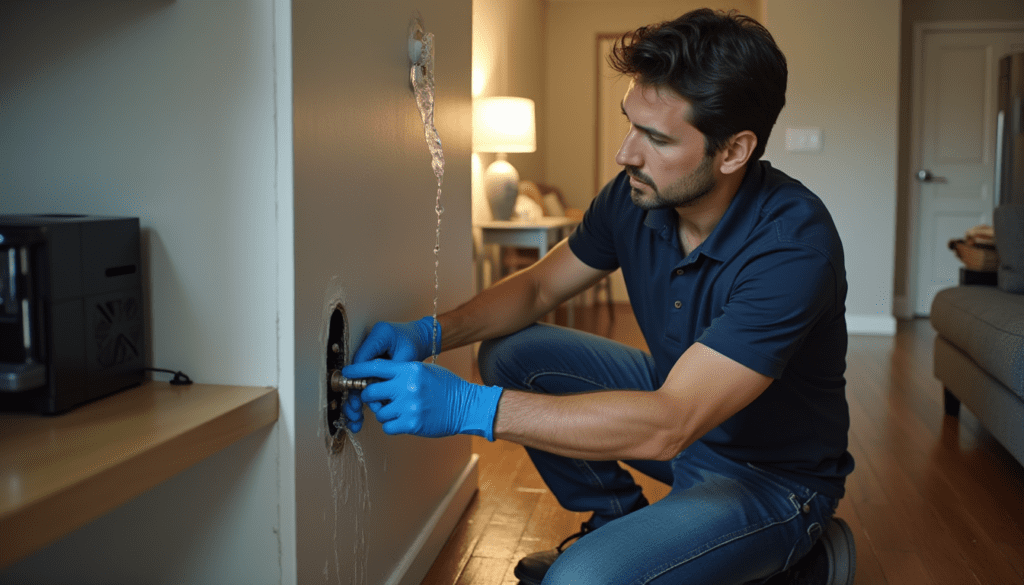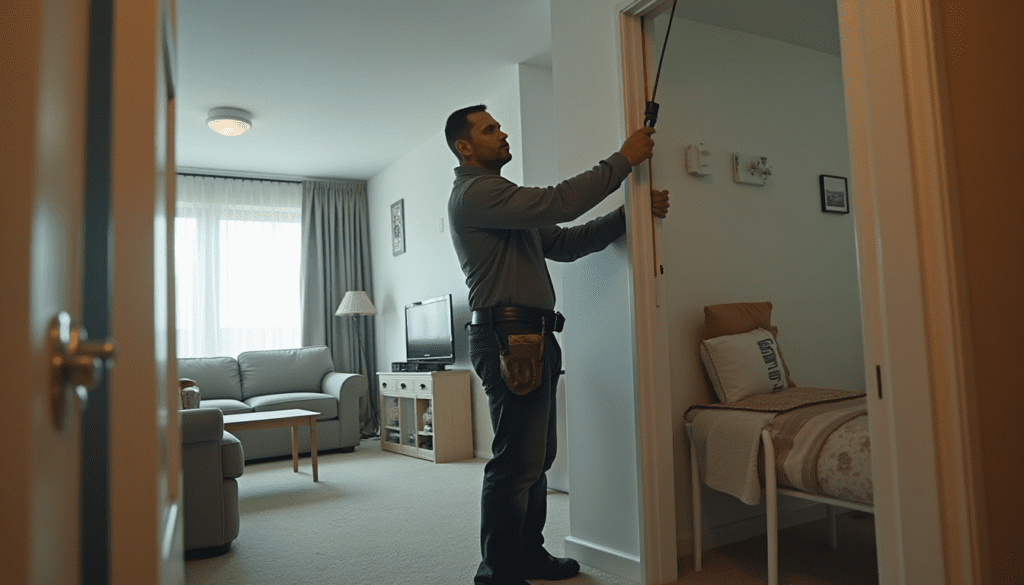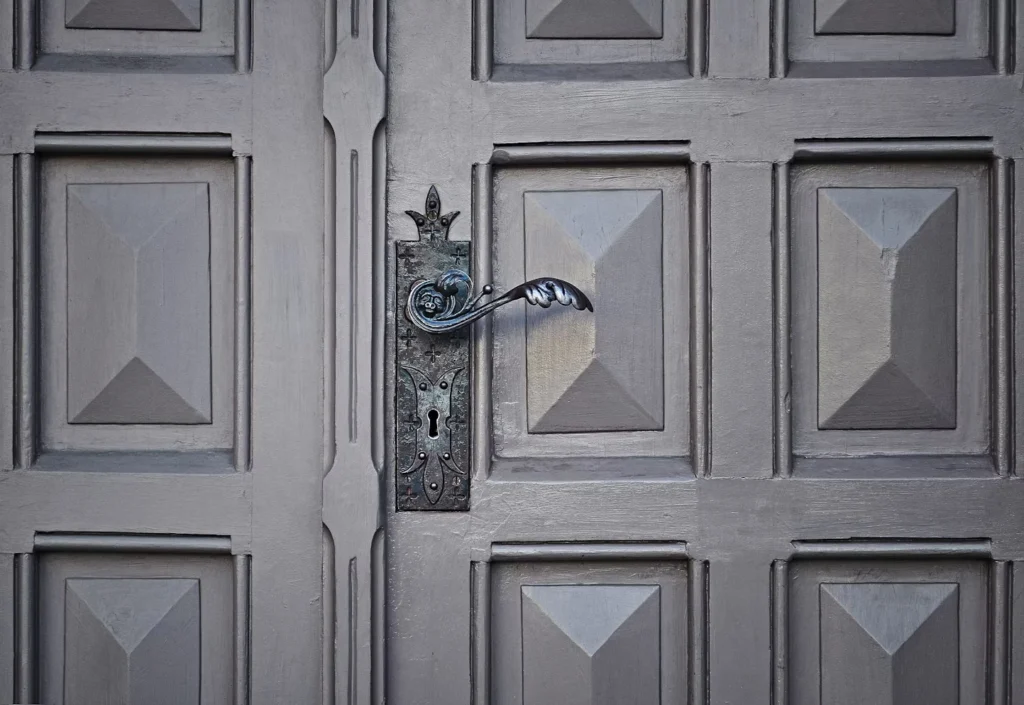Discover essential guidelines on Security Deposit Refunds for both landlords and tenants. Learn the process, rights, and how to avoid common disputes.
Understanding Security Deposit Refunds
Security deposits are a fundamental part of lease agreements, protecting landlords against potential damages or unpaid rent. However, understanding the refund process, legal obligations, and proper handling of disputes are equally critical for both landlords and tenants. This comprehensive guide delves into the key aspects of security deposit refunds, aiming to help landlords and lessees navigate their rights and responsibilities effectively.
What is a Security Deposit?
A security deposit is a sum of money provided by the tenant at the beginning of a lease term to cover potential damages beyond normal wear and tear or unpaid rent. This deposit acts as a safeguard for landlords, ensuring they are compensated if the property is damaged or the tenant breaches the rental agreement.
Legal Requirements for Security Deposits
The security deposit amount, terms, and refund policies are regulated by state laws that vary by region. Common requirements include:
- Deposit Cap: Many jurisdictions cap the security deposit, usually equating to one or two months’ rent.
- Documentation: Landlords must document the amount and condition of the security deposit in the lease agreement.
- Interest Payments: Some states require landlords to pay interest on security deposits.
How Security Deposits Are Used
Security deposits can cover several potential costs, including:
| Allowable Usage for Security Deposits | Description |
|---|---|
| Repairs for Damages | Covers damages beyond normal wear and tear (e.g., broken appliances, holes in walls). |
| Unpaid Rent or Fees | Compensates landlords for any unpaid rent or outstanding fees. |
| Cleaning Costs | Addresses significant cleaning required to restore the property to rentable condition. |
| Utility Bills | Settles any unpaid utility bills left by the tenant. |
Security Deposit Refund Process
1. Inspect the Property
Upon lease termination, landlords should conduct a thorough property inspection to assess any damages beyond normal wear and tear. Both landlord and tenant benefit from this process as it ensures transparency.
2. Itemize Deductions
Landlords are often required by law to provide an itemized list of deductions made from the security deposit, explaining each cost and attaching receipts where applicable. This list should include:
- Cost of repairs (if any)
- Any outstanding utility payments
- Specific cleaning charges
3. Return the Remaining Amount
The remaining amount should be refunded to the tenant within the legally specified timeframe, typically ranging from 14 to 30 days, depending on jurisdiction.
Common Disputes and Resolutions
Disputes over security deposits are common. Here are some of the most frequent issues and recommended steps to resolve them:
| Dispute Type | Recommended Resolution |
|---|---|
| Unclear Property Condition | Conduct a move-in and move-out inspection checklist signed by both parties to document the property’s condition. |
| Excessive Deduction Claims | Provide an itemized statement with receipts for deductions and ensure deductions only cover damages beyond normal wear and tear. |
| Delayed Refunds | Stay informed on local laws regarding refund deadlines; tenants may seek legal action if refunds exceed this timeframe without valid reason. |
| Misunderstood Policies | Educate tenants on lease terms regarding security deposit usage, and communicate any issues clearly to avoid misunderstandings. |
Frequently Asked Questions (FAQs)
1. Can my landlord keep my security deposit if I terminate the lease early?
This depends on the terms of your lease. Generally, landlords can use a portion of the deposit to cover lost rent, re-advertising costs, or other expenses tied to early termination.
2. What should I do if my landlord refuses to return my security deposit?
If a landlord withholds your deposit without proper justification, you may be entitled to file a small claims lawsuit or report them to local housing authorities.
3. How can tenants ensure the full refund of their security deposit?
Tenants should document the property’s condition upon move-in and move-out, avoid causing damages beyond normal wear, and settle all rent and utility bills.
How Landlords Can Avoid Security Deposit Disputes
Clearly Define Expectations
Including a comprehensive clause about security deposit terms in the lease agreement is essential. This clause should clarify:
- Conditions for deductions
- Required notice period before vacating
- Procedure for property inspection
Communicate Regularly
Effective communication with tenants about property maintenance can prevent potential damage and ensure smooth refunds. Additionally, sharing information about local security deposit laws can promote transparency and trust.
Documentation is Key
Keeping meticulous records, including signed inspection checklists, photos of property condition, and receipts for any repairs, will help both landlords and tenants avoid unnecessary conflicts.
Conclusion: Best Practices for Security Deposit Refunds
Security deposit refunds don’t have to be contentious. By adhering to legal standards, maintaining transparency, and clearly communicating with tenants, landlords can reduce the likelihood of disputes, fostering a smooth rental experience for both parties. Following these best practices helps uphold tenant rights while ensuring landlords are protected against potential financial losses, creating a win-win rental experience.






